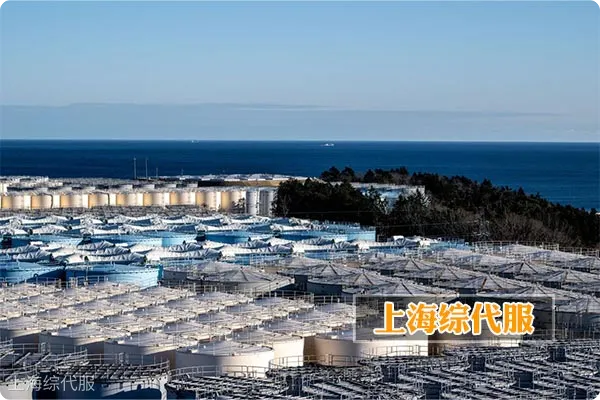
Recently, Japans nuclear pollution discharge plan at Fukushima Nuclear Power Plant has raised widespread global concerns.According to Bloomberg news agency website on July 5, Japans plans to discharge nuclear polluted water from Fukushima Nuclear Power Station into the Pacific Ocean could pose a risk to Japans key exports, including seafood and cosmetics.
The Government of the Hong Kong Special Administrative Region said in a statement that Hong Kong “has repeatedly expressed extreme concern to Japanese authorities about the impact of its emissions program on food safety” and warned that “once Japan starts emissions, the Government of the Hong Kong Special Administrative Region will take real-time control measures, including tightening controls on the import of high-risk water products in Japan’s county.”
Tokyo Electric’s nuclear pollution sewage plan – equivalent to the volume of about 500 Olympic standard swimming pools – has been heavily criticized by China and has raised concerns in a wider region. In South Korea, people and part of opposition lawmakers have protested against Japan’s nuclear pollution sewage plan. In China, consumer resistance to Japanese cosmetics has affected the stock price performance of companies such as Qingdao.
In a statement, Chinas Ministry of Ecological Environment urged Japan to stop its nuclear pollution drainage program, saying Japan should address all parties legitimate and reasonable concerns and dispose of nuclear pollution water in a scientific, safe and transparent manner.
Overall, Japan’s nuclear pollution program has raised global concerns that it could pose risks to key Japanese exports, including seafood and cosmetics.This event reminds us once again that environmental protection and food security are global issues that require countries to work together to address them in a scientific, safe and transparent way.


 Follow customer service WeChat
Follow customer service WeChat